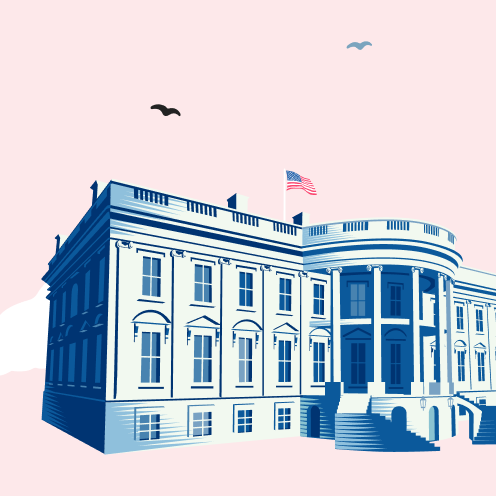Boeing has agreed to buy its longtime supplier Spirit AeroSystems for $4.7bn in a deal struck at a time when the embattled aerospace giant has been plagued by safety scandals and the Department of Justice is poised to offer a plea deal for criminal charges connected to two deadly crashes.
The two companies announced the acquisition in a statement late on Sunday.
“We believe this deal is in the best interest of the flying public, our airline customers, the employees of Spirit and Boeing, our shareholders and the country more broadly,” Boeing President and CEO Dave Calhoun said in the statement.
The total value of the deal, which includes Spirit’s last reported net debt, is around $8.3bn, Boeing said.
Spirit also manufactures and supplies key parts for Boeing aircraft. The aerospace giant previously owned Spirit before spinning out the company in 2005 as part of plans to make Boeing a “large-scale systems integrator” of work largely done by suppliers through aggressive outsourcing and divestments.
However, such an approach would later come under scrutiny after a faulty door panel, manufactured by Spirit, blew off a Boeing 737 MAX plane mid-air during an Alaska Airlines flight in January.
Several passengers on board were injured in the incident, which grounded all Boeing 737 MAX 9s and prompted investigations by the FAA and the National Transportation Safety Board into the aircraft manufacturer and Spirit AeroSystems.
Reports released since have suggested the plane did not have the critical bolts it needed to keep the door plug in place when it left the factory. Meanwhile, several whistleblowers have also come forward with safety concerns about Boeing.
Amid the safety scandal and the subsequent increased scrutiny from regulators, Congress and airlines, Boeing said bringing the supplier back into the fold would improve plane quality and safety.
“By reintegrating Spirit, we can fully align our commercial production systems, including our Safety and Quality Management Systems, and our workforce to the same priorities, incentives and outcomes — centered on safety and quality,” Calhoun said.
The agreement comes as it emerged that the Department of Justice is poised to offer Boeing a deal to plead guilty to criminal charges over two deadly 737 MAX crashes in 2018 and 2019 which killed a total of 346 people.
The aerospace giant is accused of violating a 2021 settlement related to the two fatal crashes – first in Indonesia in October 2018 and then in Ethiopia in 2019.
The DOJ first brought conspiracy charges against Boeing in January 2021, alleging it misled the Federal Aviation Authority (FAA) during its evaluation of the 737 MAX aircraft.
At the time, the company entered into a deferred prosecution agreement with the DOJ, agreeing to pay fines of $243.7m, $1.77bn compensation to airline customers and $500m to the crash victims’ beneficiaries.
Boeing was also forced to disclose any allegations of fraud, cooperate with the government and avoid committing any felony offense. Under these conditions, the DOJ agreed to defer criminal prosecution for three years.
However, this May the DOJ said that Boeing had failed to live up to its obligations under the agreement.
Now, the DOJ is proposing a new deal that would see the company plead guilty to conspiracy charges but avoid criminal trial, attorneys for the families of the crash victims told ABC News.
The company must also agree to the appointment of an external corporate monitor, pay a fine of about $200m and remain on probation for three years, the lawyers told ABC News. Under the deal, the company would also avoid going to trial.
“The company would be absolutely brutalized in a highly public trial,” Mark Lindquist, another attorney for crash victims’ families, told ABC News. “Boeing has way too much dirty laundry to risk the bright spotlight of a trial.”
Lindquist said Boeing has until July 7 to accept the deal. If Boeing rejects the terms, the DOJ can pursue criminal prosecution.
It is unclear if Boeing plans to accept the deal. The company previously disputed the DOJ’s findings that it had violated the 2021 agreement, saying that it had “honored the terms” of the 2021 settlement and looked “forward to the opportunity to respond to the Department on this issue.”
“As we do so, we will engage with the Department with the utmost transparency, as we have throughout the entire term of the agreement, including in response to their questions following the Alaska Airlines 1282 accident,” a spokesperson for Boeing told The Independent last month.
Calhoun apologized to the families of the crash victims during a Senate hearing last month, where he also said the embattled company was “totally committed” to future aircraft safety. He has announced he will resign from his role at the end of the year.
Source: independent.co.uk



